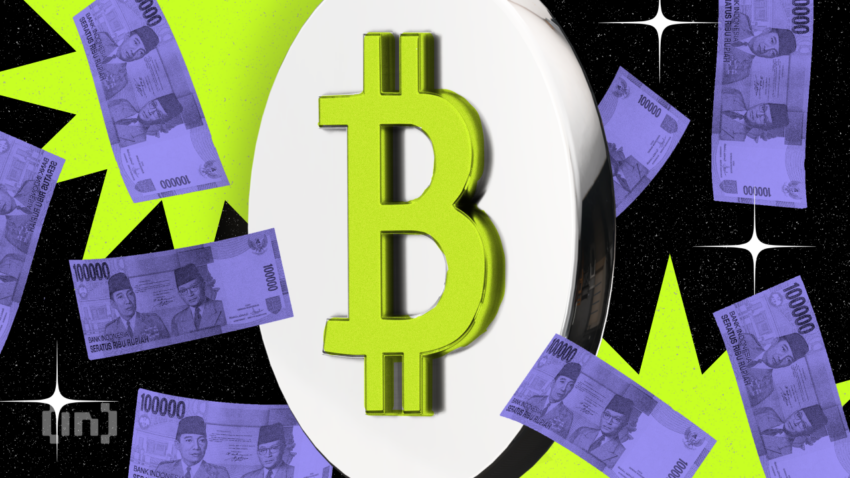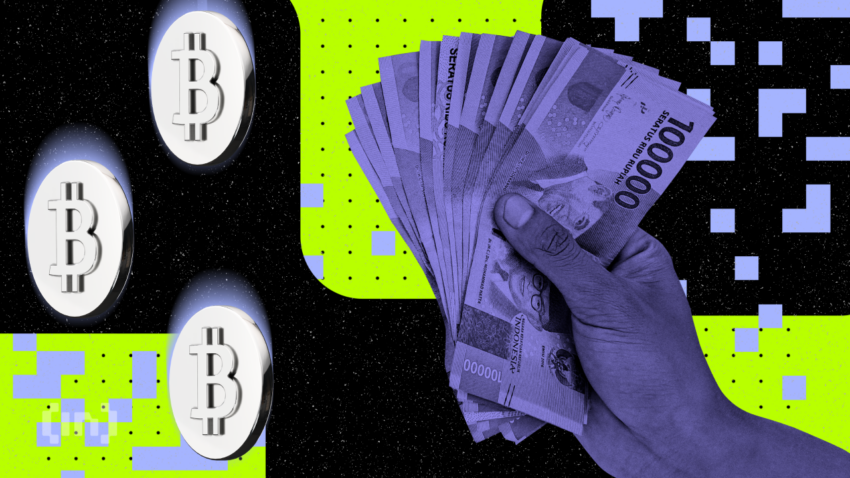If you’ve spoken to a Bitcoin maxi, you might think that the world changed forever in 2009 when the digital currency launched. However, as of 2023 less than one percent of the world’s population holds Bitcoin. In a world where new tech goes viral overnight, why has Bitcoin taken 14 years to still be niche?
It took about two years for the worldwide web to catch fire. Between 1993 and the beginning of 1996, websites went from 130 in number to over 100,000. Facebook reached 1 million users within its first year and 100 million users within five years. ChatGPT reached 100 million users in two months.
By contrast, crypto in general and Bitcoin in particular have yet to be widely adopted.
The Difference Between Purchase and Adoption
There are over 44.15 million wallet addresses that hold a non-zero balance of bitcoin. As of February 2023, miners process more than 250,000 transactions per day. When you add in the amount of people who have traded crypto on an exchange, the number rises. Including Blockchain.com and Coinbase, the number of wallets holding BTC grows to 170 million.
Lots of people have bought Bitcoin as a speculative investment. However, this data shows that more than two-thirds have transferred it to a crypto wallet. This behavior suggests that while people are willing to hold Bitcoin, they may not be willing to use it.
For the average person, Bitcoin has caught their eye only when people made (or lost) fortunes due to its volatility. Its story is that of a speculative investment, not a world-changing technology or currency. They may be willing to throw some money at the digital currency as a speculative bet. That doesn’t mean they see much more to it.

Why Hasn’t Bitcoin Caught On?
There are many reasons that Bitcoin has yet to remake its image in the public eye.
1. Lack of Understanding: Bitcoin is still a relatively new and complex concept. This makes it difficult to understand how it works or why to view it as more than an investment. Further, most consumers go for ease above all else. Buying the currency, setting up a wallet, and sending funds to it might be too many steps.
2. Volatility: The price of Bitcoin has been highly volatile in the past. This makes it an unreliable store of value and deters many potential investors. In today’s economic climate, potential investors are unlikely to take on that kind of risk.
3. Regulatory Uncertainty: Many governments around the world have not yet established clear regulations for cryptocurrency. This has thrown up multiple obstacles to feeling confident in holding Bitcoin.
4. Limited Use Cases: Despite its potential, Bitcoin has limited real-world use cases. It is still primarily a speculative investment or store of value rather than a medium of exchange. While ordinals have created buzz within the crypto community, NFTs are still not widely applicable to the real world.
5. Security Concerns: Bitcoin lacks a central authority to oversee transactions. Most people in crypto see that as a good thing. However, most people see that as something to worry about. Additionally, the potential for hacks or lost funds contributes to Bitcoin’s limited adoption rate. Most people are not ready or willing to accept the responsibility of financial sovereignty.
6. Slow Transaction Times: Compared to traditional payment methods, Bitcoin transactions are slow and costly in certain situations. This is especially true when there is high demand on the network.
7. Lack of Scalability: The Bitcoin blockchain is currently limited in its scalability, making it difficult to process a large amount of transactions in a timely manner. And when energy costs go up and the Bitcoin price goes down, this may worsen.
8. Network Effects: Bitcoin is extremely popular and the most well-known cryptocurrency. However, it has yet to achieve the level of network effects necessary for true mass adoption and global acceptance.
9. Merchant Adoption: Bitcoin adoption amongst merchants is increasing. But it still has a long way to go before it becomes widely accepted as a form of payment.
10. Competition: Despite its lead in the market, Bitcoin faces stiff competition from other cryptocurrencies such as Ethereum and Tezos. These rivals could hinder widespread adoption.
Is Slow Growth of Bitcoin Holders a Bad Thing?
We live in an economy that calculates value by rate of growth. So when something grows slowly, we are conditioned to see that as a red flag. But when it comes to Bitcoin, slow and steady might be the move.
“I think the state of Bitcoin adoption is relatively slow because we are coming out of a bear market,” Gus Grillasca, an NFT artist and early bitcoin adopter, told BeInCrypto. “But regardless of that, adoption has been growing organically and healthily [since 2009] and I don’t think that’s going to change.”
Bitcoin has had healthy cycles, which has helped it grow at a steady pace. “It’s a bit more difficult, a bit more techy, a bit more ideological. So not that many speculators jump into it during every new hype cycle,” Grillasca added. This may turn out to allow for more earnest innovation and less hot air.
Risks and Challenges Facing Bitcoin
Both Bitcoin and Ethereum have suffered the consequences of major splits within the community. “A civil war, like what happened in 2017 with the Segwit update and the Bitcoin cash split, is very damaging,” Grillasca said.
“That’s a big risk that is always a potential risk,” he added. And because Bitcoin can be so ideological, the risk of competing opinions is high. Looking at some of the community’s reactions to Ordinals, for example, shows how tensions can run high. Many people were excited, while the more radical maximalists called it a scam.
Another big risk is misinformation, specifically from the government. When you look at some of the disclosures that have been proposed recently, they start to sound more like propaganda.
“The government is going to try to push their CBDCs,” Grillasca said. “Most likely they are going to be really successful pushing these coins to the masses. So that’s a big risk because people are going to end up believing they are buying something like Bitcoin. But instead they’re getting a government coin that is going to be surveilled,” he continued.
In Grillasca’s view, that is a potential risk, because governments may take away a lot of potential users.
And you can already see the foundations of this move laid out. Many governments have already put roadblocks in front of banks trying to offer financial services that involve crypto. “This is not an existential risk but definitely will affect adoption and confuse the public,” Grillasca added.
Grillasca hosts weekly classes in Mexico City and speaks at conferences all over the world in Spanish and English. If his thesis holds true, then education, word of mouth, and other organic campaigns will pave the way towards Bitcoin adoption.
Disclaimer
Following the Trust Project guidelines, this feature article presents opinions and perspectives from industry experts or individuals. BeInCrypto is dedicated to transparent reporting, but the views expressed in this article do not necessarily reflect those of BeInCrypto or its staff. Readers should verify information independently and consult with a professional before making decisions based on this content. Please note that our Terms and Conditions, Privacy Policy, and Disclaimers have been updated.


